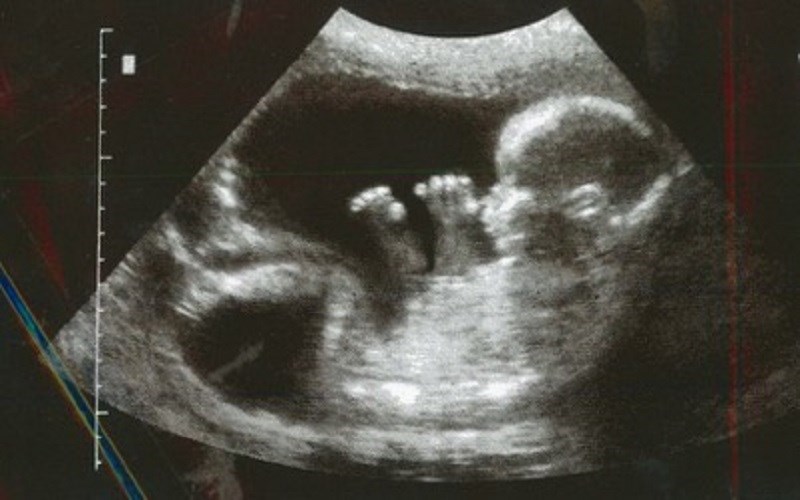Stuart Derbyshire and John Bockmann's study, "Reconsidering fetal pain," indicated in 2020 that babies can feel pain as early as 12 weeks into a pregnancy.
According to their abstract, most reports on the possibility of fetal pain have focused on developmental neuroscience and often suggest that the cortex and intact thalamocortical tracts are necessary for pain experience. Given that the cortex only becomes functional and the tracts only develop after 24 weeks, many reports rule out fetal pain until the final trimester.
More recent evidence, the well-credentialed medical professions say, calls into question the necessity of the cortex for pain, and they argue that neuroscience cannot definitively rule out fetal pain before 24 weeks.
"We consider the possibility that the mere experience of pain, without the capacity for self reflection, is morally significant," Derbyshire and Bockmann wrote. "We believe that fetal pain does not have to be equivalent to a mature adult human experience to matter morally, and so fetal pain might be considered as part of a humane approach to abortion."
Dr. David Prentice of the Charlotte Lozier Institute calls that significant.

"Unborn babies do feel pain, and it's, as the writers of this paper said, morally significant," he submits. "Let's look at the right and wrong of whether we should be inflicting pain on anyone, but certainly these little babies in the womb. We need to consider their humanity."
Dr. Prentice points out that most jurisdictions have laws against harming or torturing pets, "but they totally disregard members of our own species simply because they're young and still inside the womb."
"But [they] are human beings that can experience pain, and we need to take that into consideration," he contends.
Meanwhile, children aborted with the Dilation and Evacuation (D&E) method are literally torn apart limb by limb until they bleed to death and the rest of the body is removed from the womb.
"Denying the science doesn't make the pain go away," Dr. Prentice wrote in his opinion piece initially responding to the study. "The common human experience of pain, which is, indeed, 'morally significant,' means we are morally bound to recognize and prevent that pain. Likewise, we are bound to refrain from acts that inflict pain upon a fellow human being."







